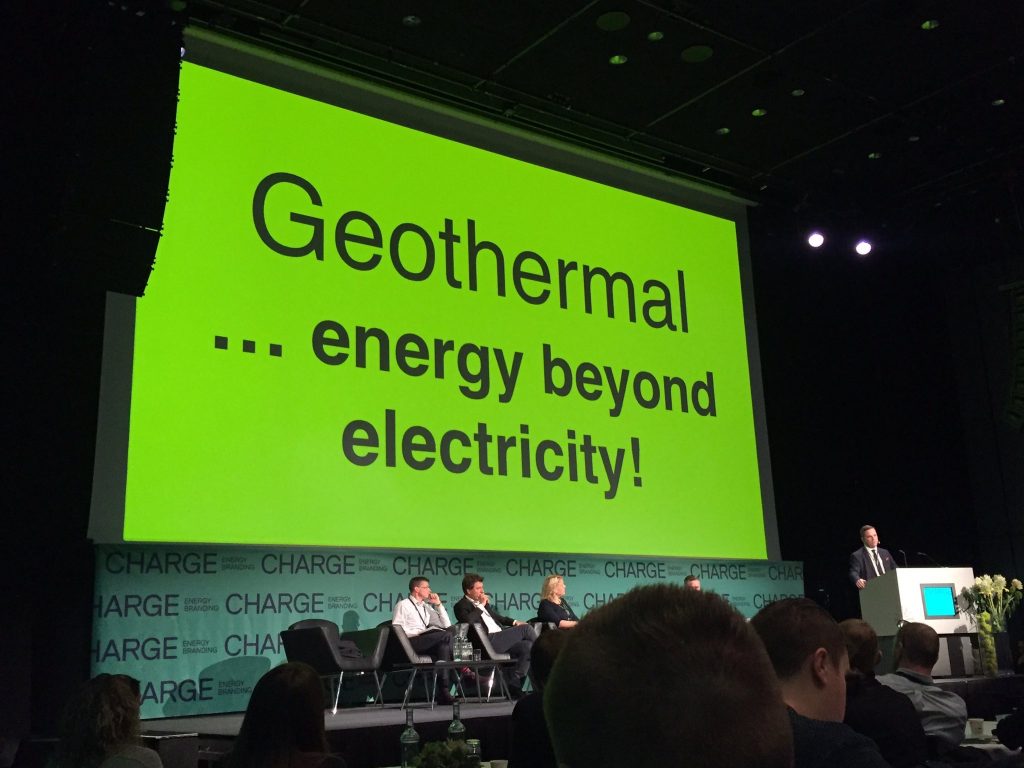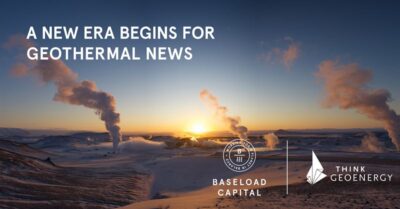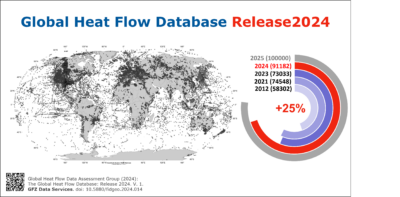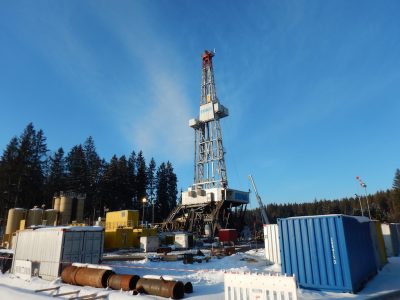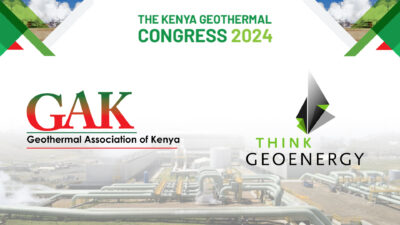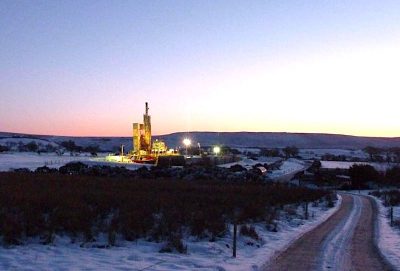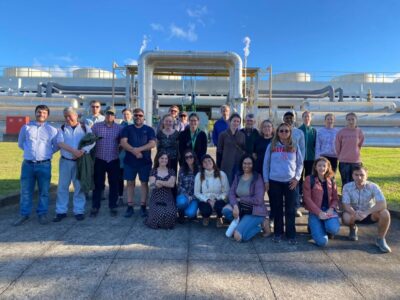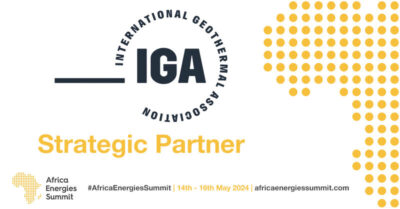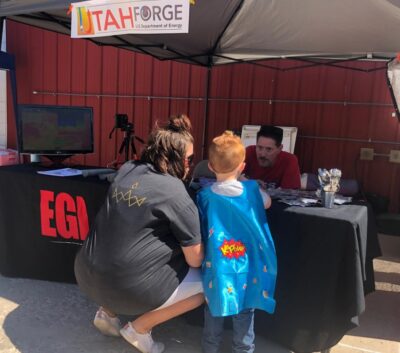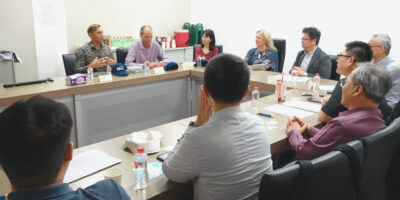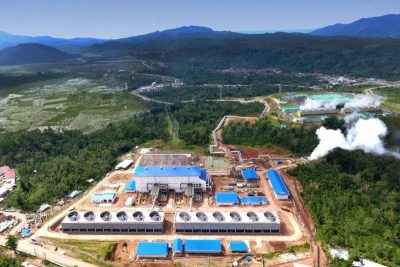Join your national geothermal associations – the industry’s change agents
The geothermal energy associations, industry or education focused, national or international are important actors to help promote geothermal energy and represent the industry's interests. Help them through your membership.
It is this time of the year when a lot of memberships for national and international geothermal associations are up for renewal. So you will likely receive emails with a pledge to join, renew or support your national geothermal associations.
In our first edition of the Think GEOENERGY Magazine back in 2013, we published an article on the role of geothermal associations both nationally and internationally. I thought it to be timely to re-publish it and urge you to join the associations both in your home market, but also in the markets where you do or want to do business.
I understand that it is quite challenging to determine, which association you should join – industry-focused, research-academic focused, national, international, regional etc. – in the end ask your peers or check the member lists of the associations to see if and how you would fit in there and how you can take influence or support these important interest groups.
Representing the interests of the geothermal sector is a core element of the geothermal industry associations, but they are doing a lot more to promote geothermal energy and the opportunities it provides.
Industry associations, per definition, play an institutional and ambassadorial role by coordinating the activities of their members, as well as promoting, developing and preserving their industries.
In the broad global context of geothermal energy, there are a variety of groups and associations representing the industry and its constituents, each with their own specific priorities, interests, goals, and initiatives. Some are more closely aligned to research and academia, others to the industry’s business interests through policy support and lobbying (i.e. trade associations). Others focus on cooperation for the sake of industry development and growth (i.e. cluster groups), or national marketing groups for business development (collaboration groups). Because these groups represent such varied interests within the industry, each approaches specific situations with a tailored perspective. They all, however, play an important role in promoting awareness of the industry, addressing public concerns about development of geothermal resources, and working to promote dialogue that helps create business opportunities.
Associations are often forced to cope with the sobering reality of insufficient political support: limited support for the business environment in which they function, and tenuous support in terms of fundraising. The latter in particular forces difficult decisions on prioritization – where to focus attention and resources. This limits the impact that an association, as an advocate for the industry and an agent of change, is capable of. At the industry level, this leads to a misalignment of interests and limitations on what an association is capable of backing. The interests of academia and the research community are in a different part of the geothermal development chain than those of a small-scale consulting rm, technology supplier, construction rm, developer, or large-scale power utility. Additionally, the reality remains that nancing for geothermal projects is the largest obstacle for the industry as a whole, and in certain regions, the key barrier to wide-scale development. These challenges, coupled with ongoing competition for government funds, require even more collaboration and a focus on development activities that truly help the industry grow.
Despite the natural inevitability of differences arising, the geothermal associations are all uni ed in the promotion of the same industry and the incontestable environmental benefits and opportunities created through industry growth. Instead of bunkering down and remaining fractious, associations have the ability to leverage their roles as catalysts in a united manner. There will always be some overlap in aims and goals, but no matter how large or small those overlaps may be, the more backing and support there are for initiatives universally agreeable to the geothermal industry, the better for the industry.
Industry associations can play a crucial role in this as change agents for the geothermal energy industry, both nationally and internationally.
I won’t provide a full list of geothermal energy associations you might want to consider. If you think the link to the list of IGA’s affiliated organizations is not showing your association, let me know and I will add it here.
A good list and links to their respective websites you can find on the International Geothermal Association’s website: http://www.geothermal-energy.org/about_the_iga/affiliated_organizations.html
The list is missing: the U.S. Geothermal Energy Association (GEA), the European Geothermal Energy Council and several cluster/ industry groups organized either nationally or internationally.
This is a republished version of an article shared in early 2016.
